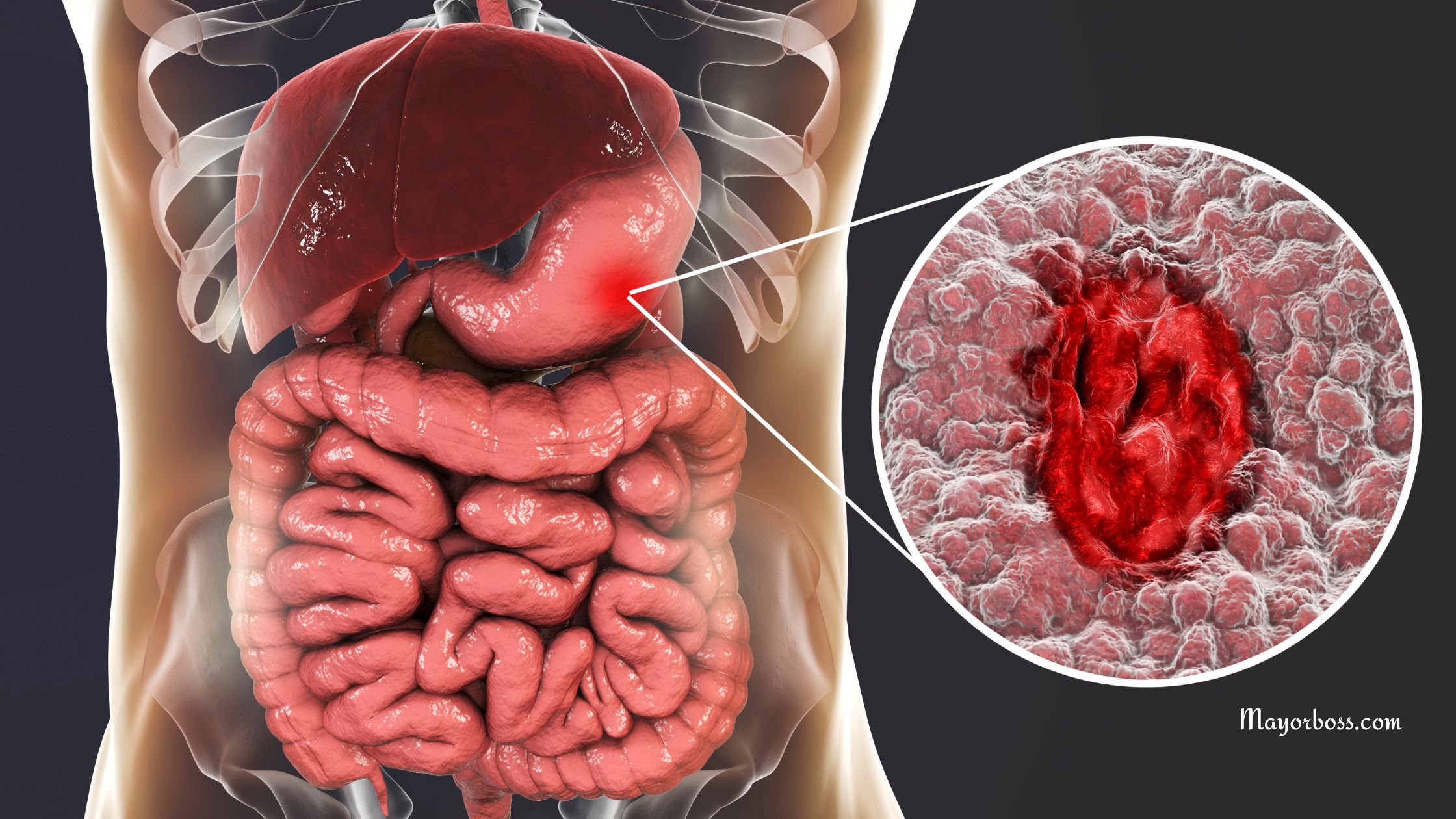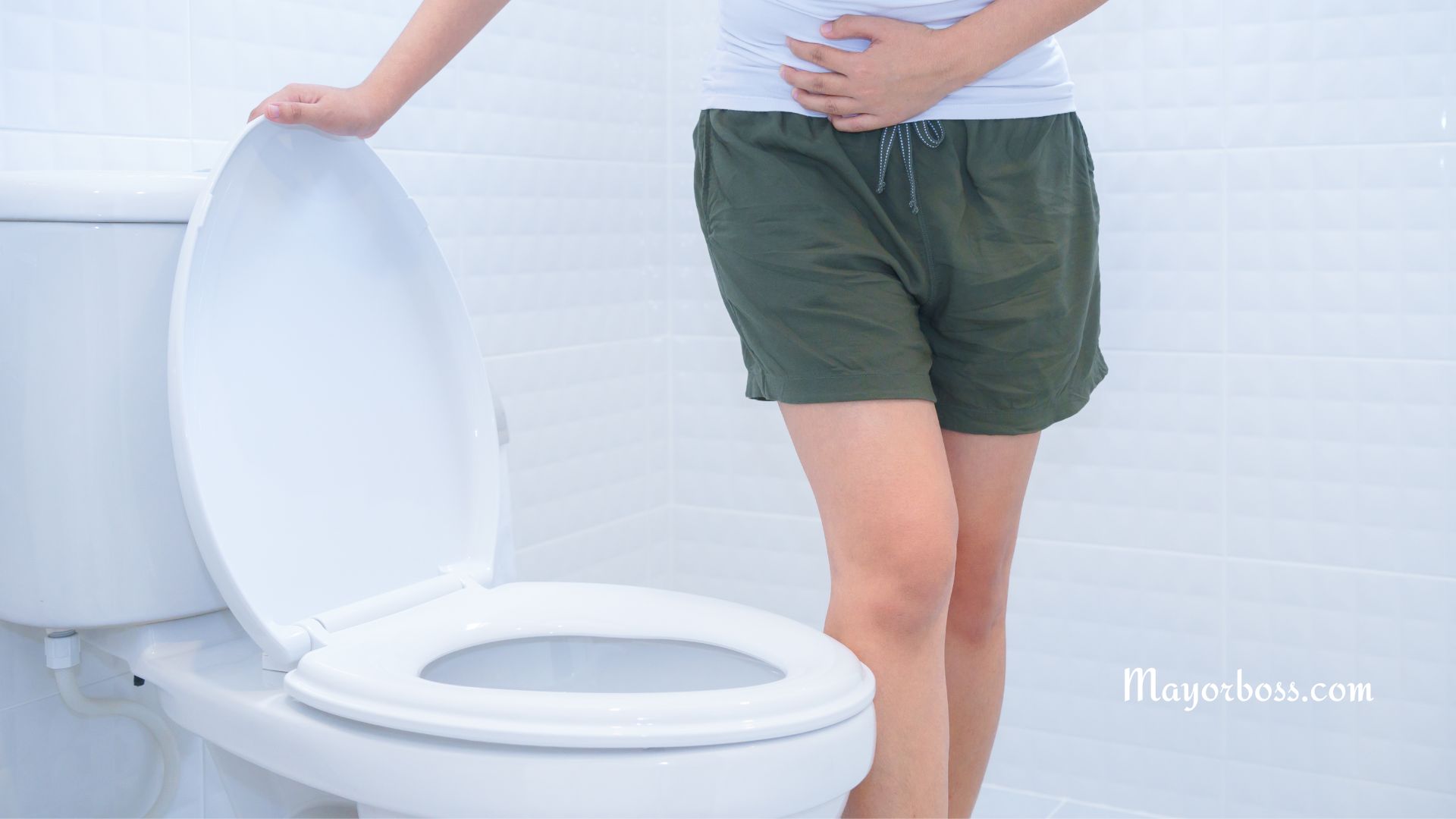Why You’re Regurgitating and What to Do About It
What is Regurgitation?
Regurgitation — commonly confused with vomiting — is a different process where undigested food or stomach acid flows back up from your stomach into your mouth. It’s not a disease itself but rather a symptom of other potential underlying conditions. You might find yourself experiencing this discomfort occasionally or quite frequently, and it can happen with or without a feeling of nausea. This involuntary action can be quite disconcerting and often uncomfortable, especially if it’s a recurring issue.
Sometimes, regurgitation is an isolated symptom. But often, it accompanies other signs such as heartburn, a sour or bitter taste in the mouth, or difficulty swallowing. It’s crucial to pinpoint the underlying cause to manage regurgitation effectively.

What Causes Regurgitation?
Regurgitation can be triggered by several factors. These may include:
- Gastroesophageal reflux disease (GERD): This is the most common cause of regurgitation. It’s a chronic disease where acid from your stomach frequently flows back into your esophagus, resulting in irritation and potentially leading to regurgitation.
- Achalasia: This is a rare disorder that makes it hard for food and liquid to pass into your stomach, leading to regurgitation of undigested food that can even occur hours after eating.
- Rumination syndrome: Put simply, it is when a person unintentionally regurgitates undigested or partially digested food from their stomach, rechews it, and then either re-swallows it or spits it out. This usually happens within minutes of eating.
- Eating habits: Consuming large meals or lying down immediately after eating can contribute to regurgitation. Certain foods and drinks, such as fatty or fried foods, chocolate, caffeine, and alcohol, can also trigger regurgitation.
- Functional dyspepsia: Also known as non-ulcer stomach pain, this disorder can trigger a variety of stomach-related symptoms, including regurgitation.
How Can You Manage Regurgitation?
Lifestyle Changes
In many instances, you can manage regurgitation by making lifestyle changes. These might include:
- Eating smaller meals: Overeating can increase the pressure on your stomach and cause regurgitation. Therefore, eating smaller, more frequent meals instead of three large ones can help reduce the likelihood of this happening.
- Avoiding trigger foods and drinks: Certain foods and drinks can increase stomach acid and trigger regurgitation. These often include spicy foods, alcohol, caffeinated drinks, and fatty meals.
- Not lying down immediately after eating: Give your body time to digest the food before lying down. Aim for a two to three-hour gap between eating and going to bed.
- Elevating the head of your bed: If GERD is the cause, raising the head of your bed can help reduce regurgitation, particularly at night. Gravity can help keep the stomach contents down and prevent them from flowing back into the esophagus.
Medical Treatments
If lifestyle changes aren’t helping or if your symptoms are severe, it may be time to explore medical treatments. These might include:
- Over-the-counter antacids: These can help neutralize stomach acid and provide short-term relief.
- Proton pump inhibitors (PPIs): These medications can reduce the production of stomach acid, helping to relieve symptoms of GERD.
- Surgery: In rare and severe cases, surgical interventions might be considered, particularly for conditions like achalasia.
When to Seek Medical Help?
You should seek immediate medical attention if regurgitation is accompanied by symptoms like weight loss, difficulty swallowing or if it persists despite changes to your diet and lifestyle. These could be signs of a more serious condition that requires professional medical attention.
Further Reading: Acidity: Causes, Symptoms, and Treatments






